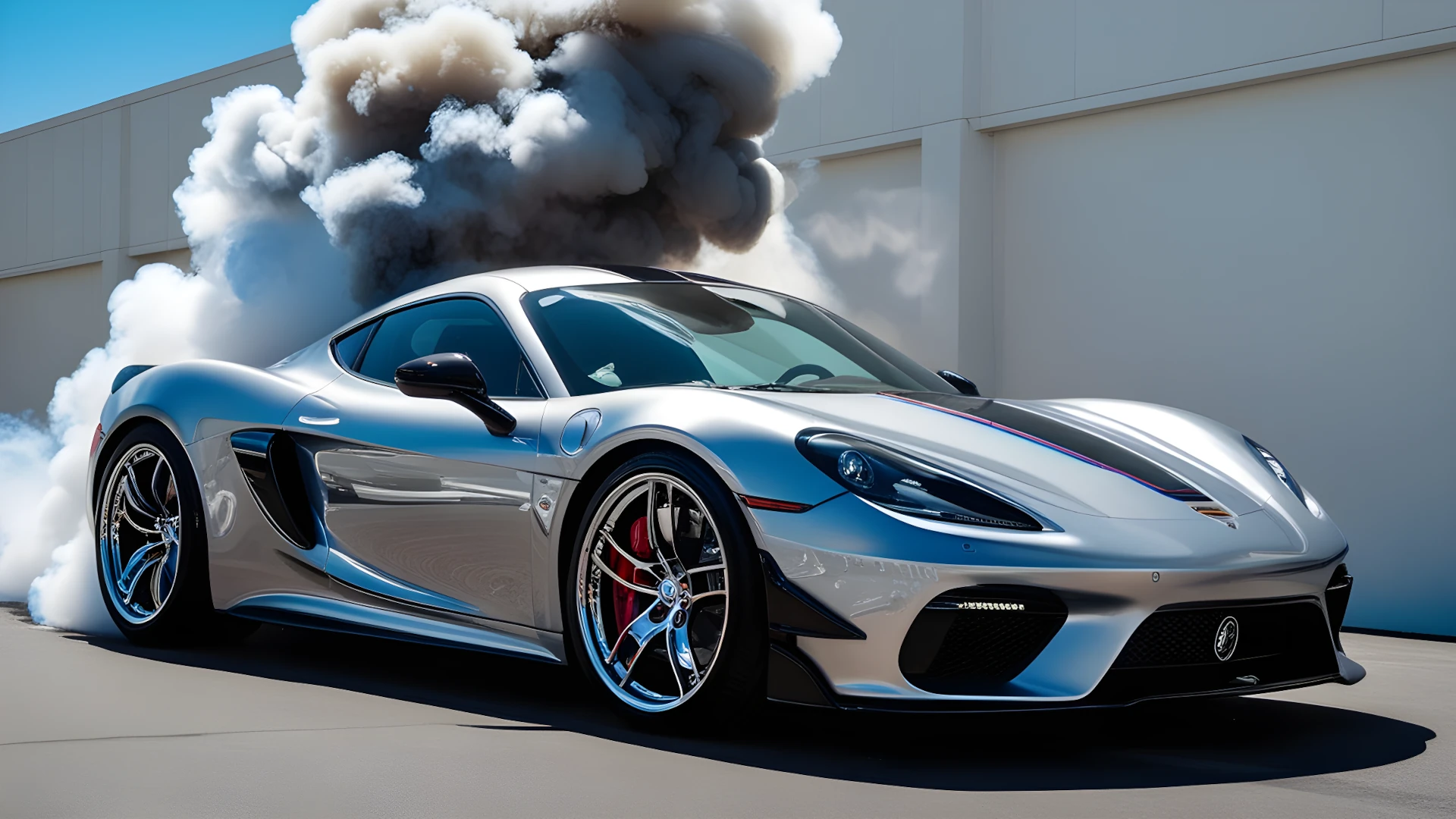The European People’s Party (PPE), the largest legislative group in the European Parliament, is determined to review the ban on the sale of new cars with combustion engines by 2035. This decision, driven by recent election results, demonstrates the increasing strength of the PPE in the European political landscape. Next, we will explore the developments of this review and the advancement of alternative fuels in the European Parliament.
PPE Wants to Review Ban on Combustion Engine Cars by 2035
The European People’s Party (PPE), which now holds 188 seats in the European Parliament, is committed to rethinking the ban on the sale of combustion engine cars starting in 2035. This move is not an isolated event; it is actually a direct consequence of Frans Timmermans’ departure from the European Commission, one of the main proponents of the European Green Deal. Timmermans’ departure has opened up space for the PPE, now with more influence, to prioritize its own legislative projects.
With the recent victory in elections, the PPE has the ability to prioritize and shape policies that align with its interests. One of the party’s main goals is to revise the CO2 reduction rules for new cars and vans. The idea is to allow the use of alternative fuels with zero emissions, potentially changing the European automotive landscape. This poses a significant challenge to the strict environmental policies that were previously established.
The PPE leadership, including Ursula von der Leyen, is seeking support for a second term, making the approval of these revisions essential. However, this task will not be easy, as it will face resistance from groups like the socialists and democrats, who advocate for stricter climate policies. The political dynamics in the coming weeks will be crucial in determining the future of these proposals.
Alternative Fuels Gain Strength in the European Parliament
Alternative fuels and synthetics are gaining prominence in the European debate on reducing CO2 emissions. The European Union had already approved a policy banning the sale of new cars emitting CO2 from 2035 onwards. However, in response to pressures from Germany, the European Commission committed to allowing the sale of new cars powered by alternative and synthetic fuels, even after 2035.
This change would allow car manufacturers to continue selling vehicles with internal combustion engines, but of a new generation, that run exclusively on fuels certified as zero CO2 emissions. This creates a new perspective for the automotive industry, which could continue to innovate and develop synthetic fuel technologies.
The preliminary document suggesting these changes does not yet specify how the policy will be revised. The President of the European Commission, Ursula von der Leyen, who belongs to the PPE, is working to secure the approval of the majority of EU legislators for a second term. This includes the need for support from her own party and convincing other groups, especially those opposing the weakening of climate change policies.
The debate on the ban of combustion engine cars and the introduction of alternative fuels is far from resolved. With the new political configuration in the European Parliament and the growing influence of the PPE, the next few weeks will be decisive for the future of CO2 emission policies in the European Union. The possible revision of current rules may pave the way for technological innovations and new opportunities for the automotive industry, while testing Europe’s commitment to environmental sustainability.
Author: Fabio Isidoro
Founder and editor-in-chief of Canal Carro, he dedicates himself to exploring the automotive universe with depth and passion. A car and technology enthusiast, he produces technical content and in-depth analyses of national and international vehicles, combining quality information with a critical eye for the public.

